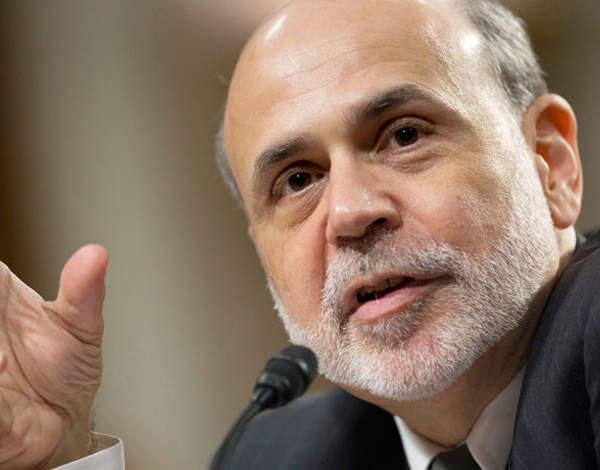

Author: Chloe Barrow
FRAYED AROUND THE HEDGES
With hedge funds struggling to keep up with QE-bolstered markets and clients grousing about the size of their fees, the industry may well have to adapt in order to survive
Is it time to short hedge funds? Over the past five years, Standard & Poor’s 500 stock market index (with dividends) has delivered average annual returns of 7 per cent, while equity hedge funds have produced 1.7 per cent, according to industry analyst Hedge Fund Research.
Reasons for underperformance in the hedge fund industry are not hard to find. Since they win when stocks lose, a booming market, fuelled by quantitative easing hosing money into banks’ balance sheets, has meant equities as a whole are heading up. But even in this favourable climate of trillions of dollars of loose money, the stock market has itself been highly unstable, making conditions tricky for financial operators, including those accustomed to benefiting from a turbulent economic landscape.
Read more on hedge funds from Spear’s
‘In a choppy market, a lot of hedge funds try to exploit any misalignment in the markets,’ says George King, head of portfolio strategy at RBC Wealth Management. ‘But when markets don’t react to what’s cheap and what’s rich, and change every couple of days, that’s pretty tricky even for the most skilled of fund managers.’
Negative charge
What comes next is consumer dissatisfaction. The two-and-twenty fee structure — 2 per cent upfront charge on assets, 20 per cent performance fee — is almost universal in hedge funds, so when they underperform, clients start asking questions, not least ‘Why is the fee fixed — and so high?’
‘In some cases, we agree the fee is expensive. For instance, in the case of long-only equity investments that are not outperforming a relevant equity index, why should investors pay two-and-twenty for it?’ says Dr Andreas Leukert, senior analyst of premium solutions at Julius Baer in Zurich. He does not support the view, however, that fees are too high across the industry in general. ‘For active investments, where you need deeper infrastructure, it is partially justified to charge higher fees — and the net return that the client gets is still attractive.’
Find out another (unintended) consequence of QE from Spear’s
Clients are getting restless, though. ‘Some of our more sophisticated family investors recognise that the fee structure can result in a significant erosion on returns,’ says Paul Kearney, MD and head of private investment office at Kleinwort Benson.
If a client is willing to pay a little more, they may benefit from hedge funds that are not correlated to equity markets and thus deliver consistent returns with extremely low risk of loss. ‘Better solutions are available for clients using bespoke hedge-fund-to-fund solutions, which offer a greater layer of risk control than individual single or multi-strategy hedge fund options,’ explains RBC’s George King. ‘Yes, there’s an additional cost involved, but blending strategies — as is customary in any investment portfolio — means the investment is less volatile and can therefore be worth paying extra money for.’
Evolution
Regardless of the overall dip in hedge fund performance and the consequent lack of confidence in such investments, King is nonetheless convinced that there is a strong future ahead for the industry: ‘It may be that the current structure doesn’t exactly make sense in terms of user transparency. But just like everything, the hedge fund industry will evolve. Since you have a structure that allows for a broad range of different types of investment strategies for the benefit of clients, there’s no reason that it will disappear.’
Indeed, Timothy Spangler, partner at American law firm Kaye Scholer, resolutely supports this view. He recently declared that hedge funds and private equity are still active participants in the modern financial markets, even though ‘it looked like the end for many of these types of funds five years ago’. The market is being resurrected for two reasons, he says. One is investment by US public pension plans, both big and small, that provide retirement benefits not to the wealthiest but to teachers, firemen, police and other government workers across the country. The second reason is simply that ‘investors love them’. Hedge funds are apparently the most fun of funds.
So even though returns are low, fees high and customers annoyed, there is no sign of change. ‘There certainly has been agitation about fee levels and greater alignment between hedge-fund managers and their clients on the institutional side,’ says King. ‘There was some thought back in 2008/09 that there might be a more dramatic shift in both the structure of fees and transparency issues for hedge funds. I don’t think you could describe what’s happened as any real kind of sea change there.’
There may be no sea change as yet — but once QE stops, the tides may well turn.






